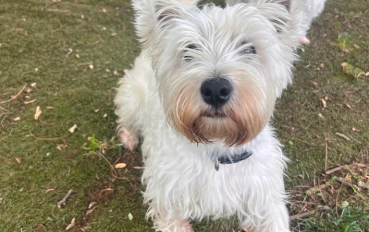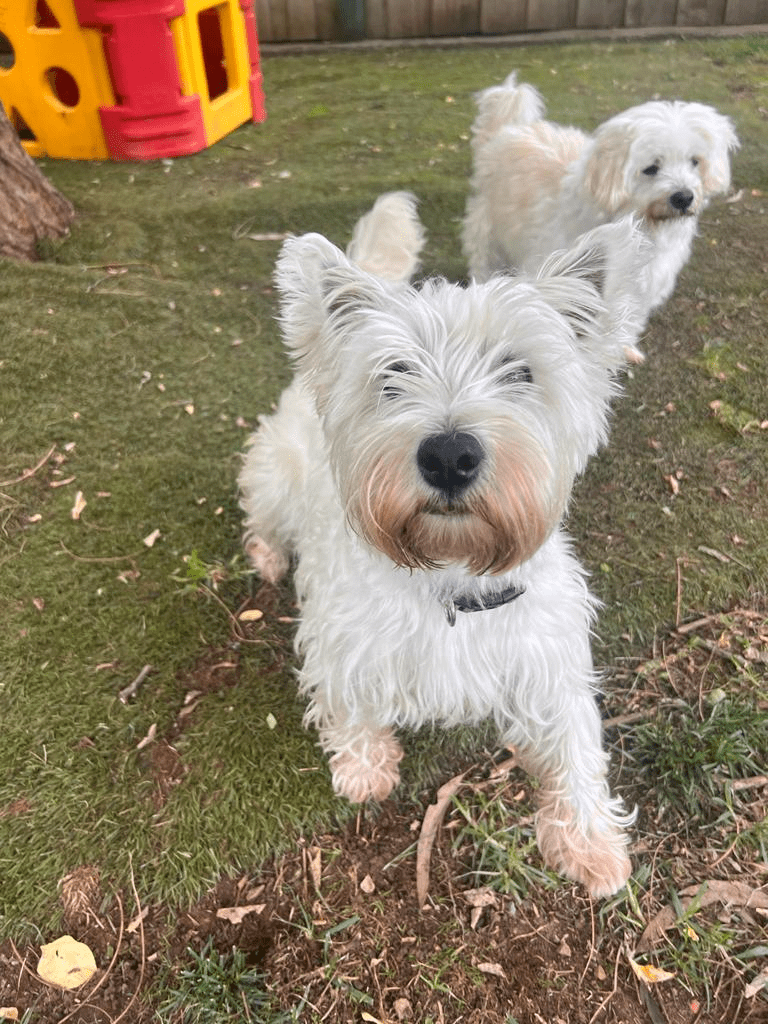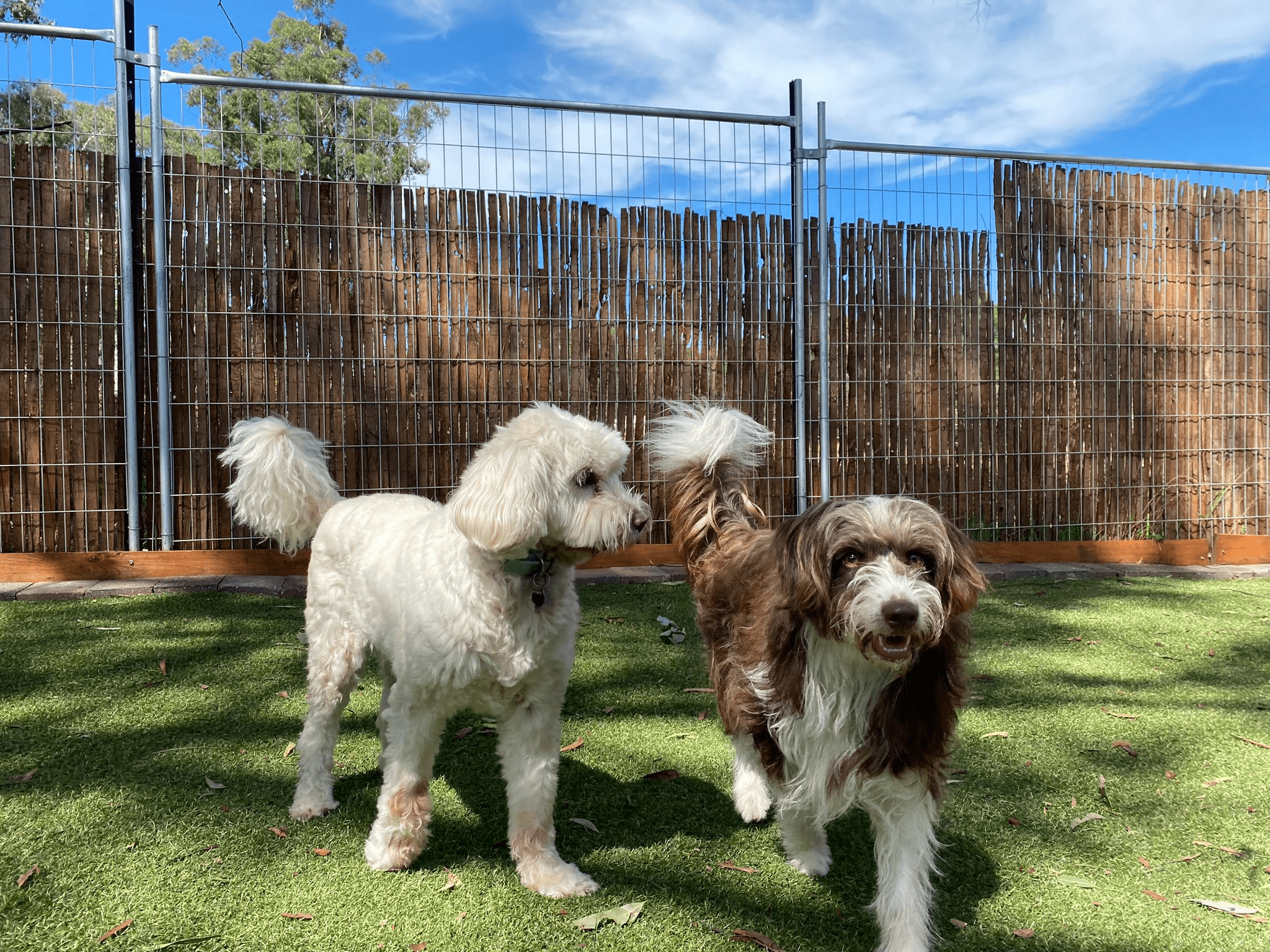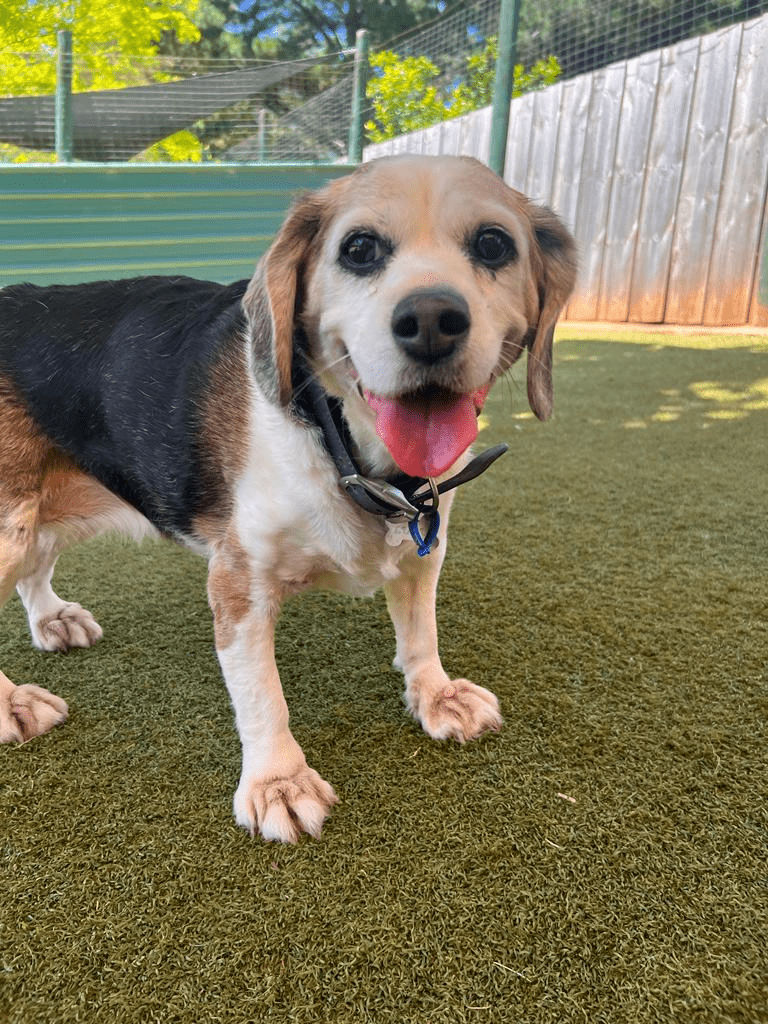You know the noise, in the middle of the night – lick, lick, lick – and it can be maddening!
Of course dogs lick their paws for many reasons, often as part of their own grooming, but sometimes the licking becomes consistent or obsessive, and it is important to identify the cause and seek treatment as soon as possible to avoid hot spots and secondary infections.
Identifying the Causes and Solutions
Symptoms of excessive licking include limping, swelling around the toes or paw pads, changed colour of the hair (usually a pink or orange stain), pink and inflamed skin. In extreme cases obvious sores and even bleeding may be the result.
Paw licking can be caused by something simple like a small cut, or a foreign object stuck in the hair. It can also be caused by flea allergies, which should be cleared up with complete flea treatment. More complex causes include:
- Environmental Allergies – this could include contact with grasses and pollens outdoors, and cleaning products or disinfectants indoors.
- Food allergies – just like humans, dogs can be allergic to all sorts of food and this can result in irritated skin and inflammation, along with other more severe conditions.
- Yeast infections (also known as Yeast Dermatitis) – an inflammatory fungal infection often occurring in warm, moist areas that is exacerbated by licking and often leads to a secondary infection.
- Pain or Arthritis – dogs use licking for wound-care and this will include aches and pains inside.
- Anxiety – licking is just one way that dogs self-soothe when feeling anxious, as well as pacing, digging, chewing and panting.
To help your dog it is crucial to identify the underlying cause of licking. As a first step, check the paw pads and between the toes for any foreign objects. Also look for a cut or swelling, inflamed or moist areas. A simple aid to your pet may be to rinse it with cool, clean water and dry the paws thoroughly. If you can’t find anything obvious, observe the times that the licking happens – is it worse immediately after a walk? In Summer or Winter? Or when you feed a certain type of food? Consult your vet if you feel the cause may be pain, an allergy to food or the environment around you.
Treating licking when it is caused by boredom or anxiety can be tricky, but there are options available – investigate activities that will occupy your dog when you are leaving the house, and provide plenty of playtime when you are with them to burn some of their energy. Daycare may help to redirect their attention and reduce anxiety. And of course you can consult with a vet or behaviourist for guidance on management of obsessive licking.




